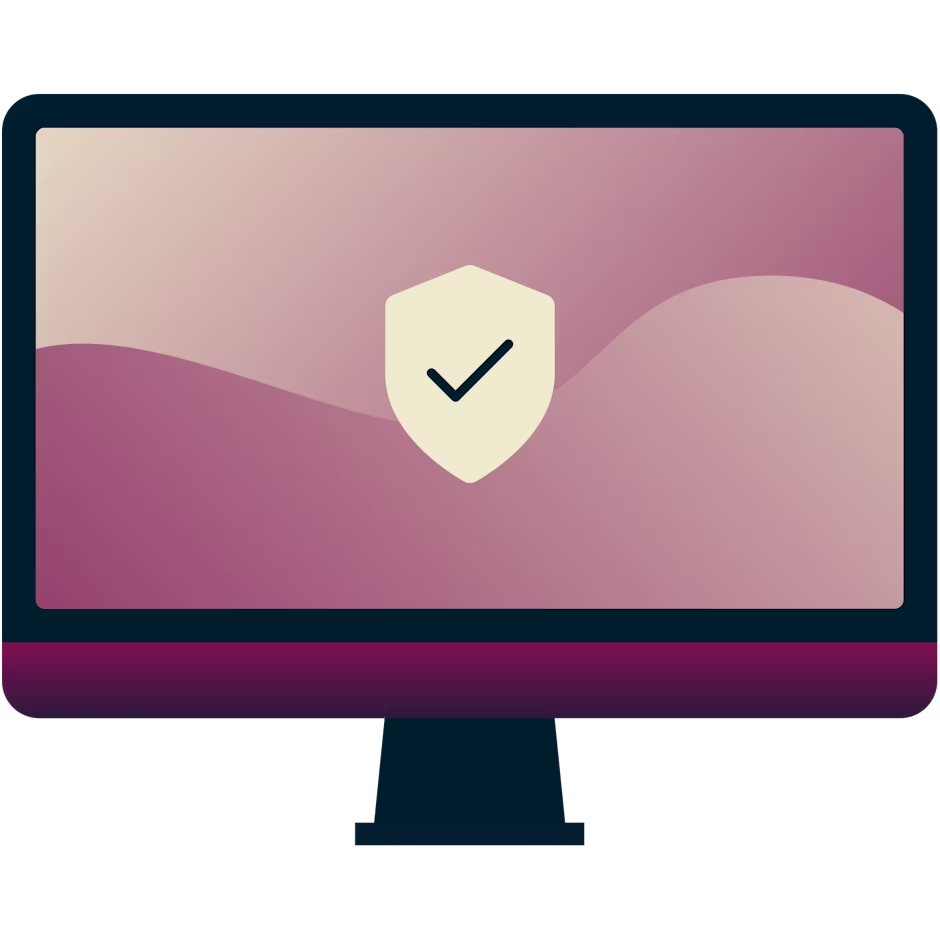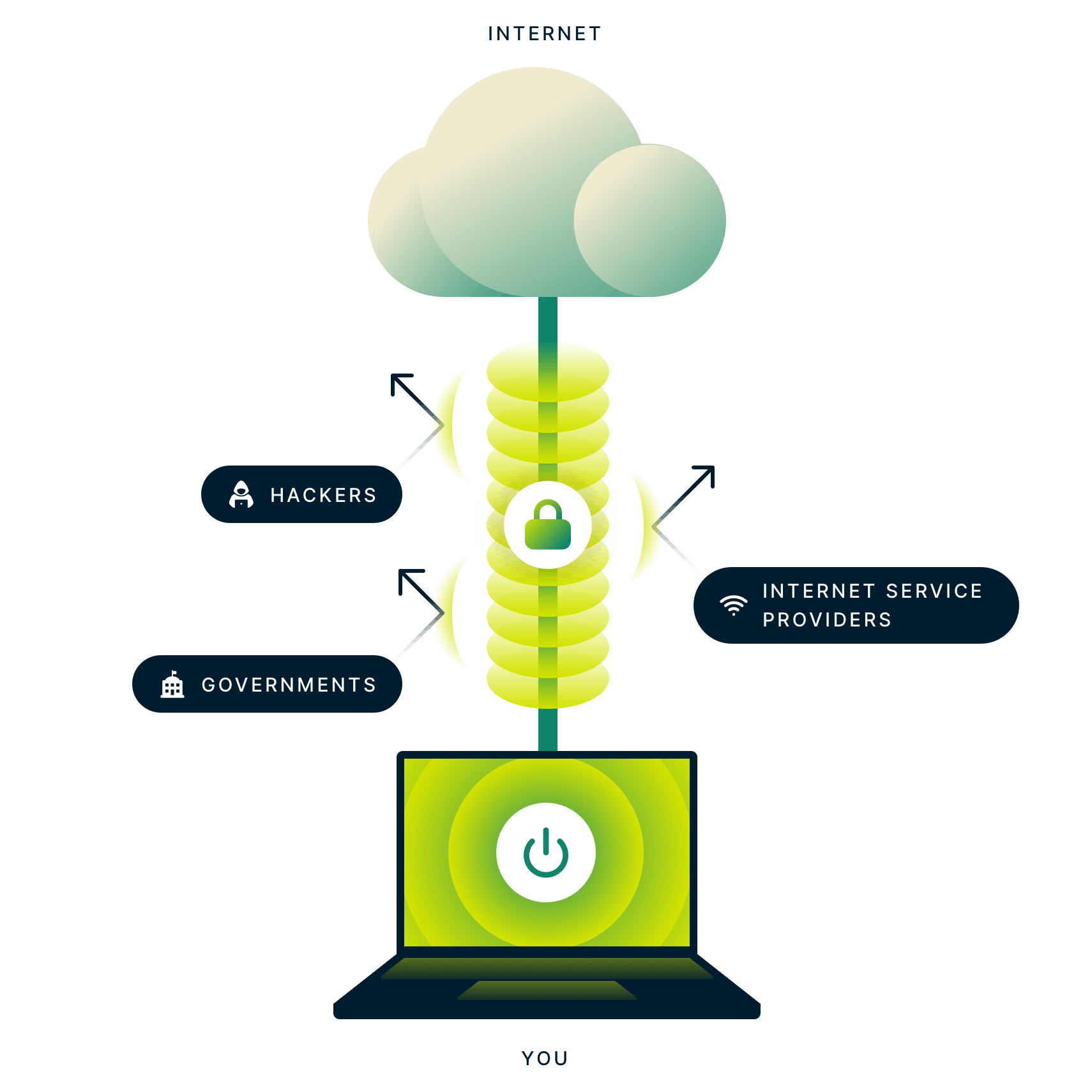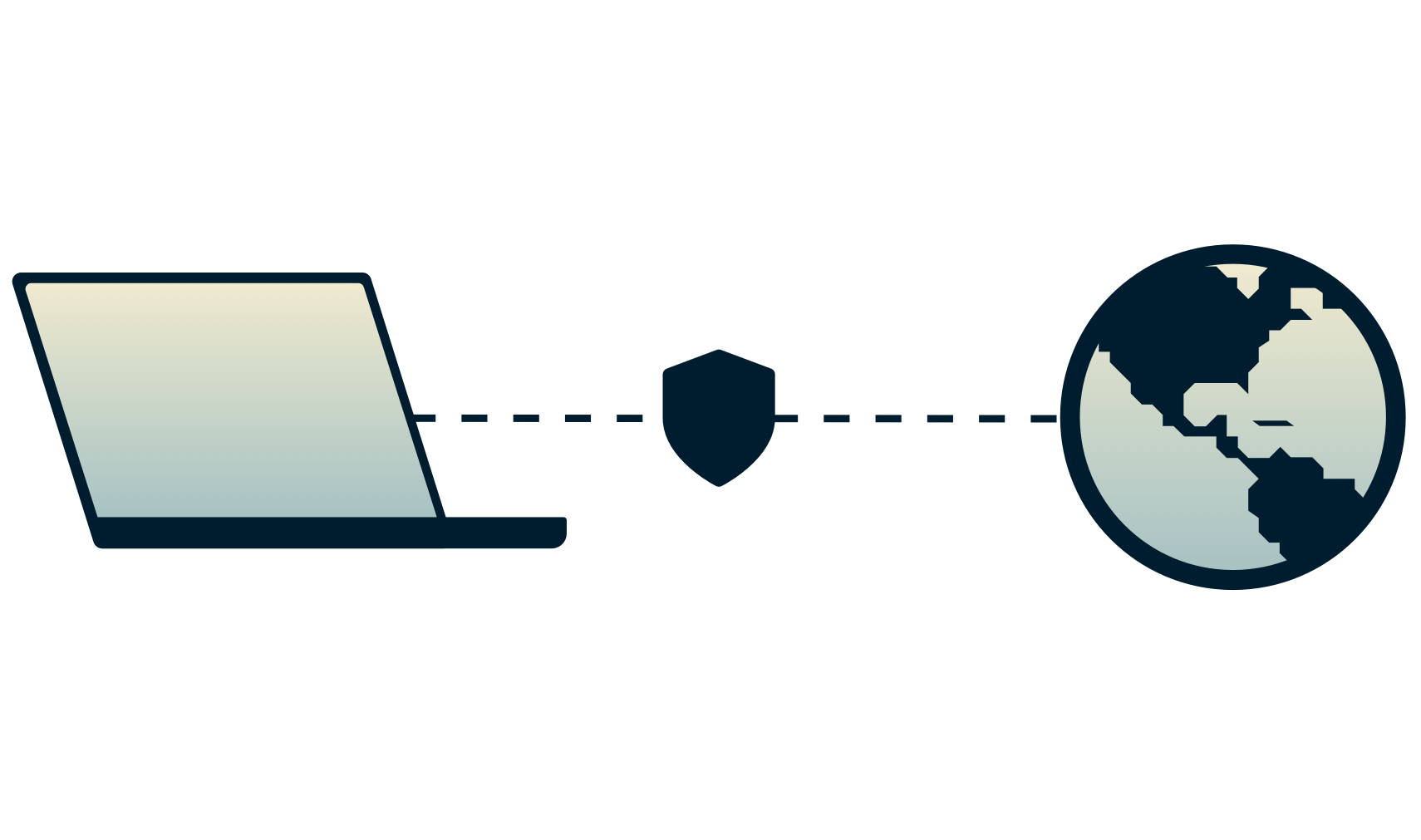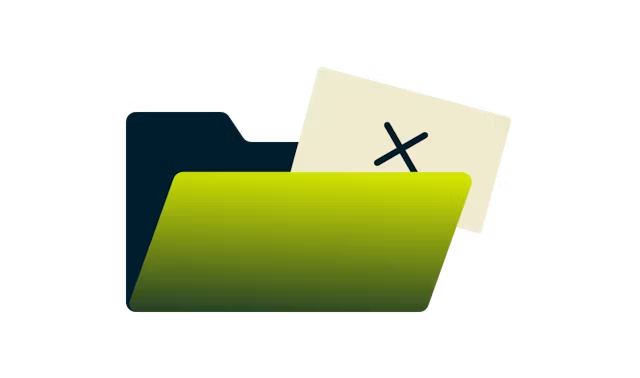Proxy vs. VPN
If you’re looking to unblock sites and/or hide your IP address online, you’ve probably come across terms like “proxy server,” “VPN proxy,” "proxy server network," or “free web proxy.” Is there a difference between a proxy and a VPN? Is one better than the other? Read on to find out.


What is a proxy server?
A proxy server is an intermediary between your device and the internet.
A proxy server can sit on your local router, where it increases network efficiency, authenticates users on your network, and enforces content restrictions. These proxies are typically found on Wi-Fi hotspots in hotels or airports. They require no configuration by the user.
A proxy can also be on a remote server, where it helps the user bypass local censorship or restrictions imposed by your local network’s proxy. These proxies need to be configured by the user and help you hide your IP address and encrypt your traffic.

What is a VPN?
A VPN, or virtual private network, provides a secure tunnel between your device and the internet. VPNs help change your location, protect your privacy, increase your security, and unblock censored websites.
While your internet traffic still passes through your ISP, it can no longer be read, nor its final destination be determined. Websites you visit are no longer able to see your original IP address, only the IP address of the VPN server, which is shared by many other users and changes regularly.
What’s the main difference between a proxy and a VPN?
Technically speaking, a VPN server is a proxy server—the terms “VPN” and “VPN proxy” are interchangeable—although it more commonly refers to HTTPS servers. If the proxy server is using HTTPS (also referred to as TLS, previously SSL), then it is actually very similar to a VPN, although a web proxy would only encrypt web traffic, while a VPN routes and encrypts all kinds of traffic through its servers.
A VPN server needs more permissions on the local device than a simple web proxy and as a result usually requires users to install a separate app. However, to use a proxy, every single application might need to be configured separately, and changing the desired proxy server location might require a complete reconfiguration.
Advantages of a VPN vs. a free proxy

Not all proxy servers are malicious by nature, but it can be extremely difficult to separate the bad from the merely harmless. One test of over 20,000 proxy services found nearly all of them to inject some form of malware.
Speed is another important consideration. Free proxy servers are usually choked with an avalanche of users trying to get a free ride on what ends up becoming a very slow, congested highway. A premium VPN is like a private tunnel for you and your data, constantly optimized for stability and speed.


Common types of proxies

Anonymous proxy
This is a type of proxy that anonymizes a user’s IP address in order to protect their identity. Its main purpose is to make it harder to track internet traffic.

Data center proxy
This is a type of proxy that uses physical data centers to initiate and complete anonymized information requests on behalf of a user.

Residential proxy
This is a type of proxy that assigns an IP address to, and funnels internet traffic through, a specific physical device. These are generally seen as safe.

Public proxy
This is a type of proxy that is freely accessible to anybody online that filters traffic through a public IP address. Public proxies are generally slow and unsafe.

Shared proxy
This type of proxy is a low-cost option that provides multiple users with IP addresses that are used simultaneously. This type of proxy isn’t the most private.

Why are there free proxy servers?
As with free VPNs, the operators of a free proxy web server need to recover their costs. They can do this by injecting ads into your traffic or by selling your data to advertisers. Either way, there is very little incentive for online proxy sites to keep your browsing fast, secure, and anonymous.
Remember, both paid and free proxy servers should always encrypt their traffic with HTTPS to make sure it is not monitored or altered in transit.
Should I use a free proxy?
Before connecting to a free proxy server, do some research into whether it encrypts its traffic or merely claims to. You may end up sacrificing more than you bargained for in both speed and security.
Download ExpressVPN on all your devices
A single ExpressVPN subscription lets you download a VPN for every popular platform. Need a VPN for multiple devices? Set up ExpressVPN on everything you own, and use it on eight at the same time.

Frequently asked questions: VPN vs. proxy
Do you need a proxy if you have a VPN?
Proxies are not required if you are using a VPN. However, unlike VPNs, proxies will not encrypt your traffic nor hide your IP address.
What is a VPN proxy extension?
A VPN proxy browser extension is a plugin for your browser that enhances your online experience by protecting your traffic and shielding your IP address. The ExpressVPN browser extension for Chrome, Firefox, or Edge acts like a remote control for the ExpressVPN app. This means that all of your internet traffic is protected by the VPN, not just what passes through your browser.
How to disable a proxy?
A proxy server is an intermediary between your computer and the internet.
Proxies, however, do not offer the same privacy protections as a VPN. There is no need to run a proxy on top of your ExpressVPN connection.
If you’re experiencing issues with connecting to the internet, there's a possibility that you're using a proxy server.
For instructions on how to disable your proxy, please refer to the appropriate browser:
Is a VPN proxy safe?
Not only is a VPN proxy safe, it can add a valuable layer of security to your online experience, especially on public Wi-Fi networks.
Where does ExpressVPN have VPN proxy servers?
With ExpressVPN, you can connect to secure servers in the UK, U.S., Canada, Australia, or any of 105 countries worldwide.
See the full list of VPN server locations.
A risk-free VPN is better than a free proxy
Skip the uncertainty of free proxy servers. Try ExpressVPN’s fast, private, optimized network risk-free. If you’re not completely satisfied within 30 days, get a full refund. It’s that simple.
Learn more about using a VPN
-
![A laptop's secure connection to the internet.]()
-
![Laptop with encryption.]()
Encrypt your data
Strong encryption protects your data and communication
-
![Open green file and a paper with a cross mark through it.]()
No activity logs
ExpressVPN does not see or record what websites you visit



